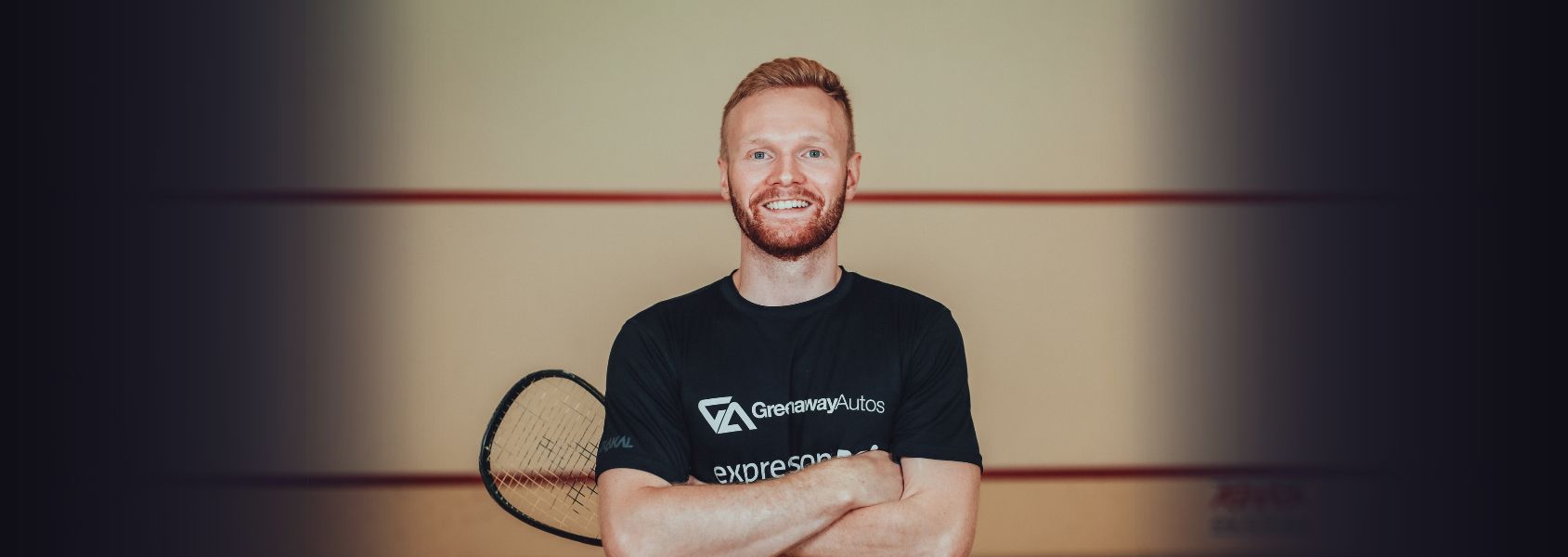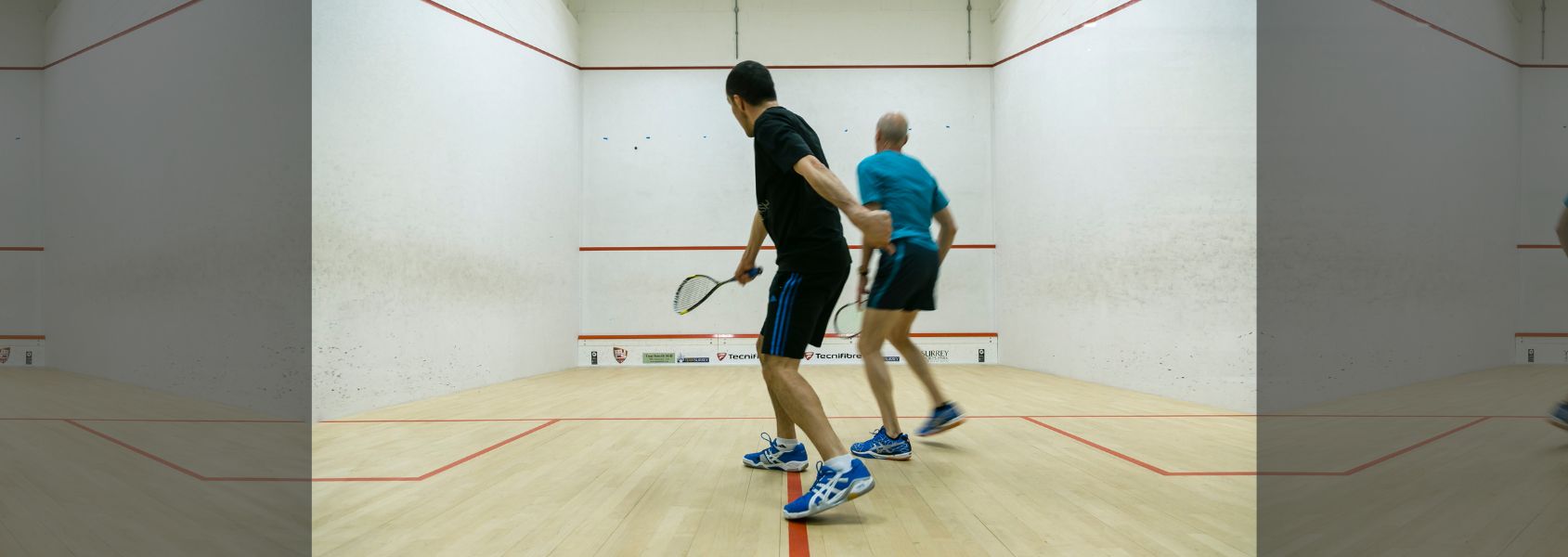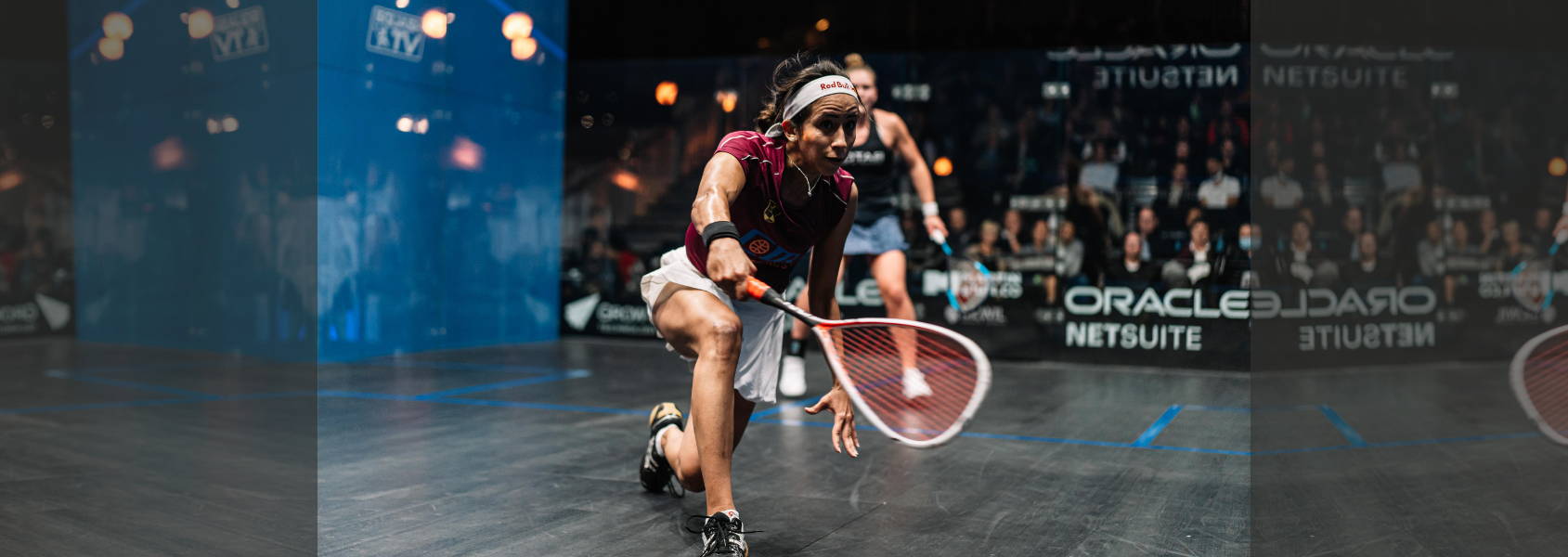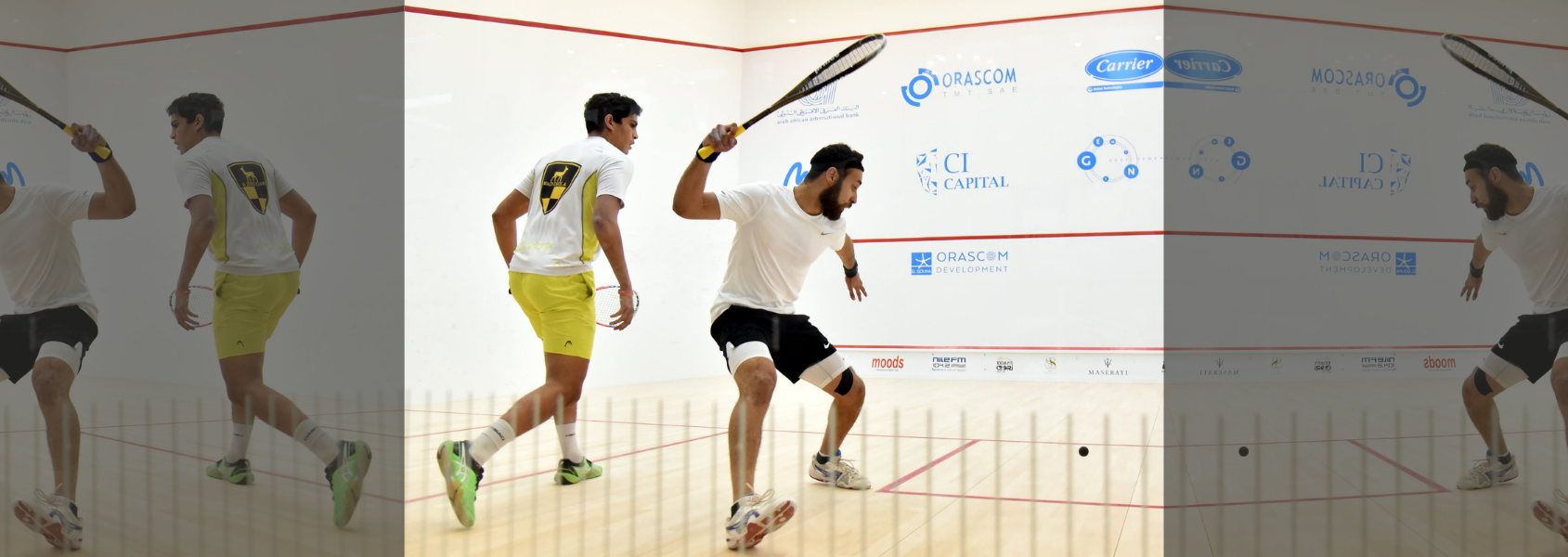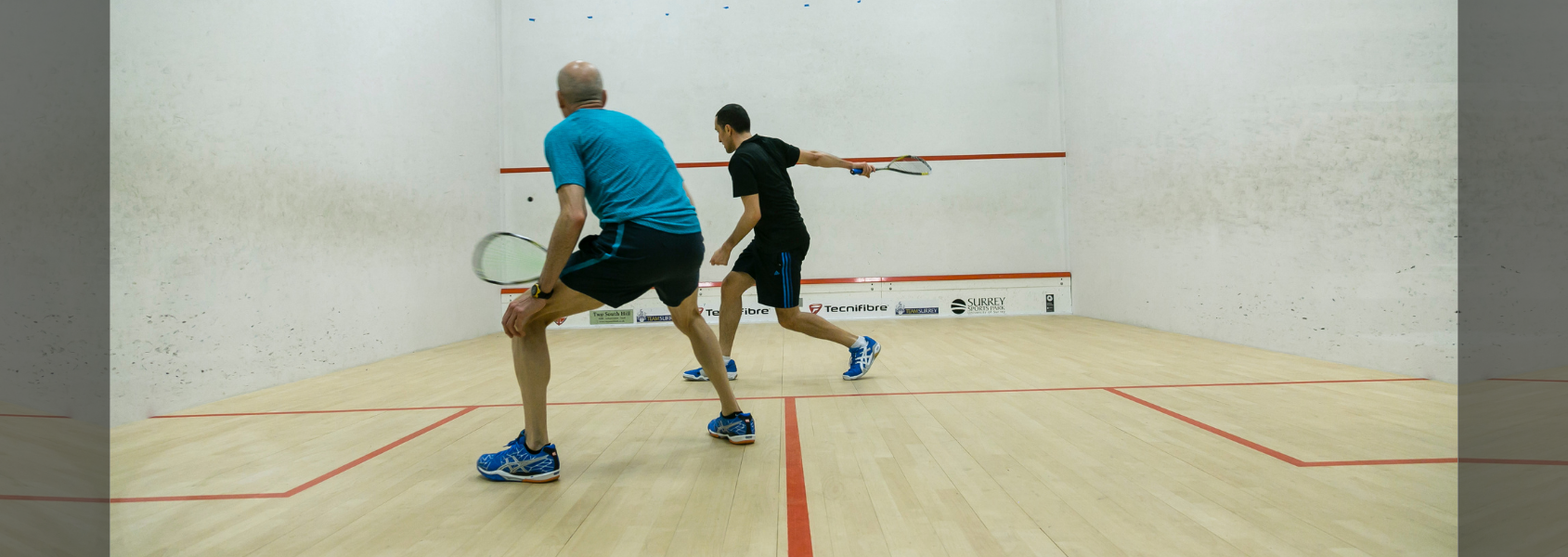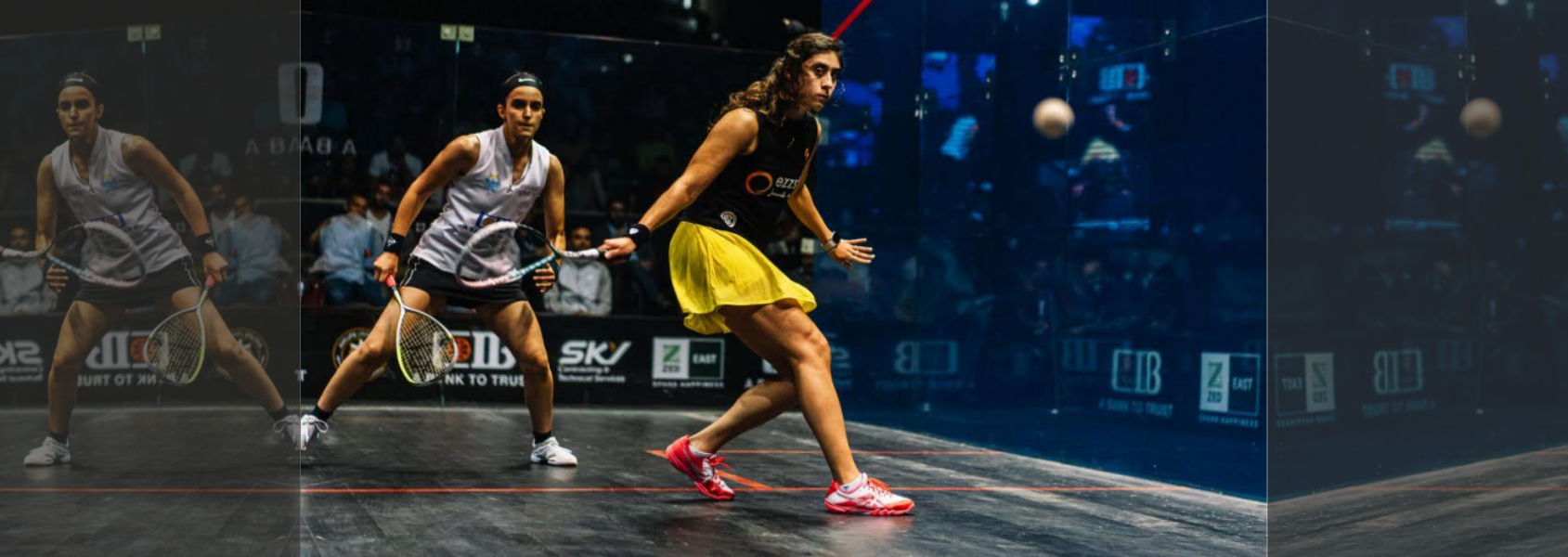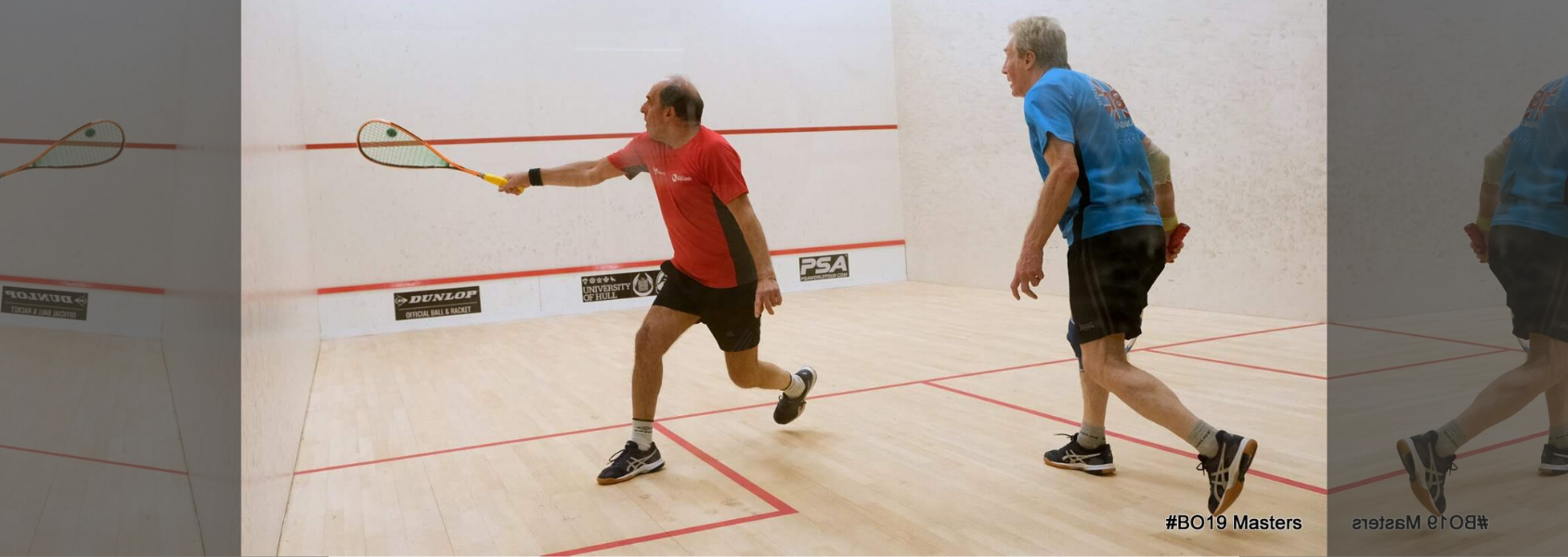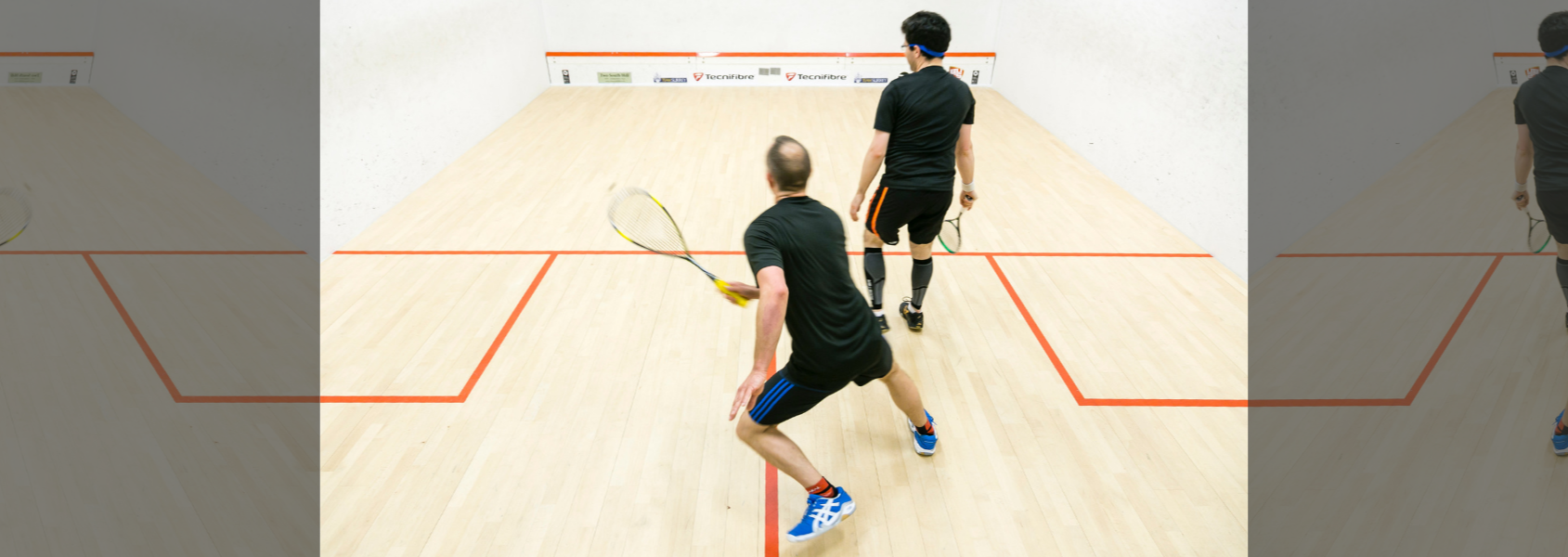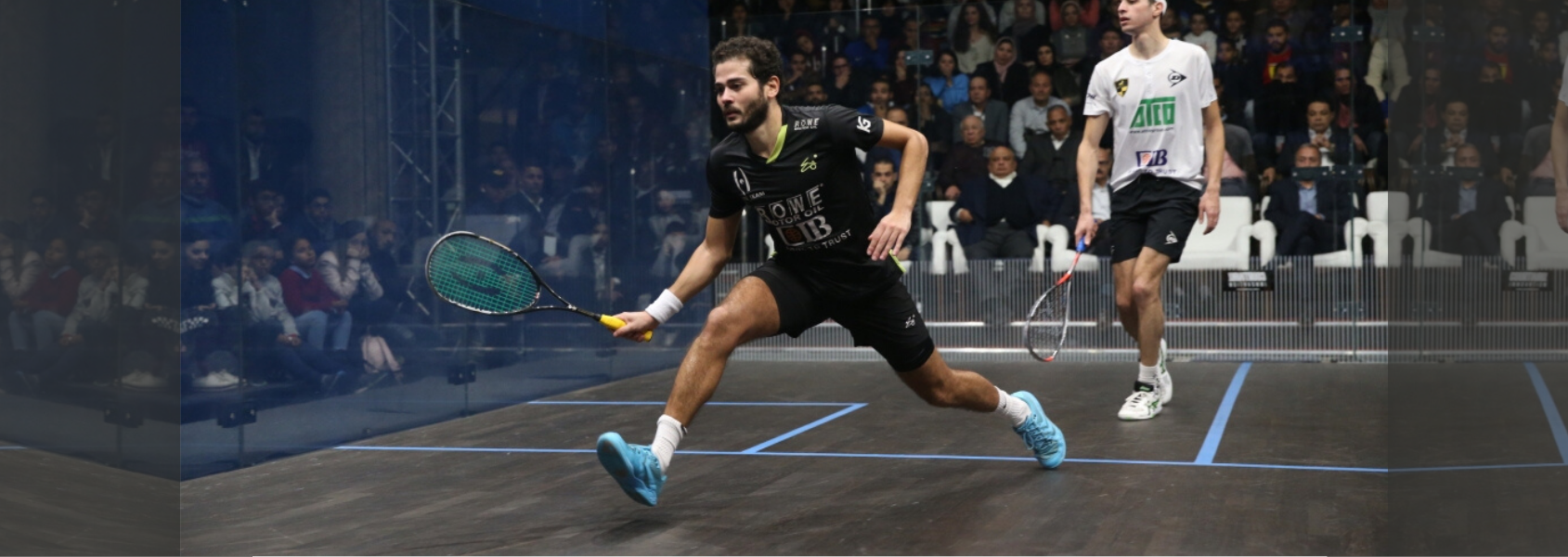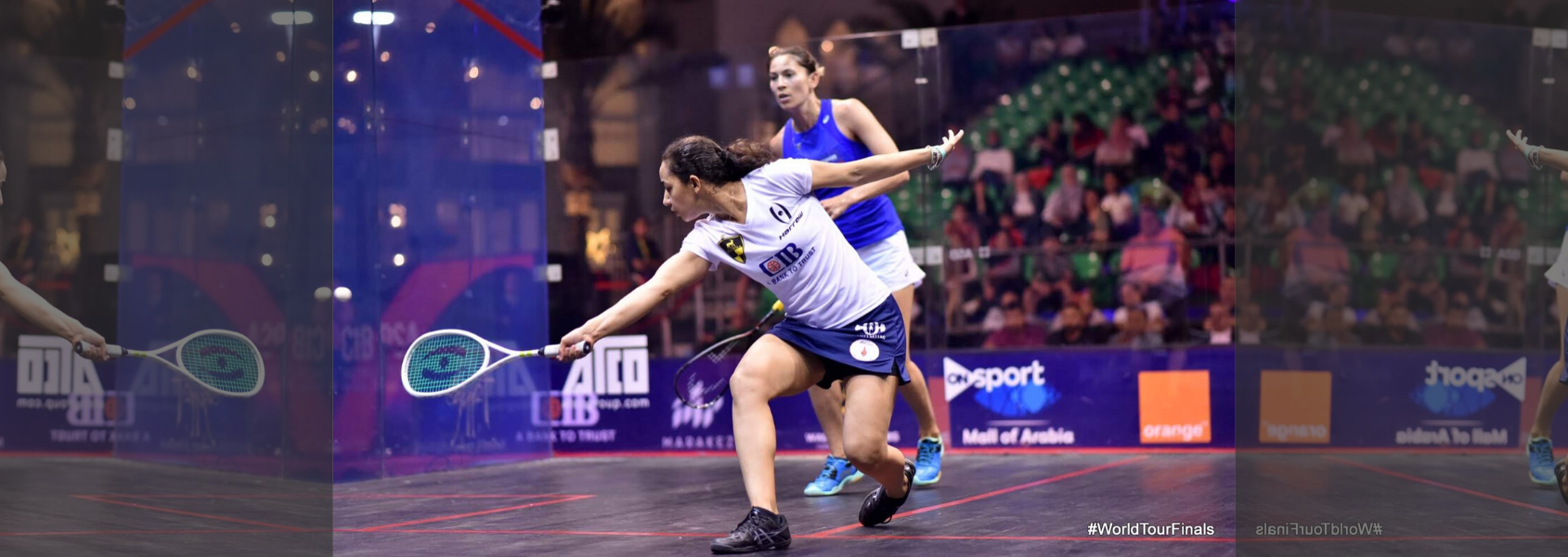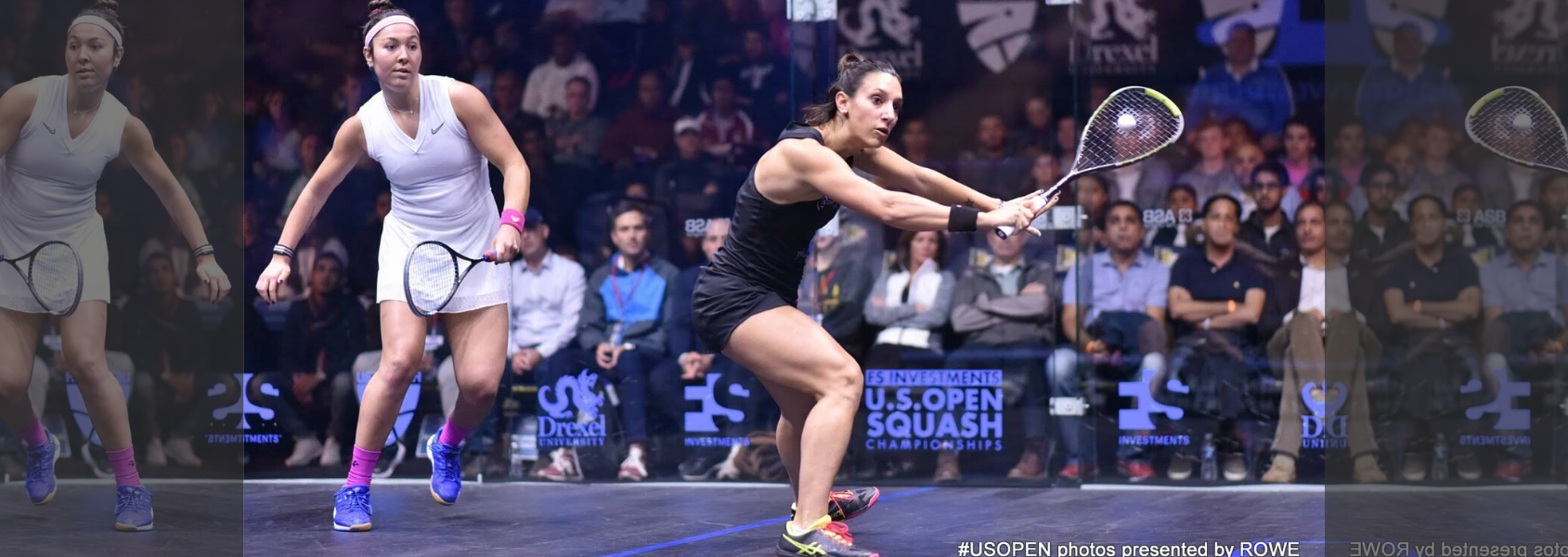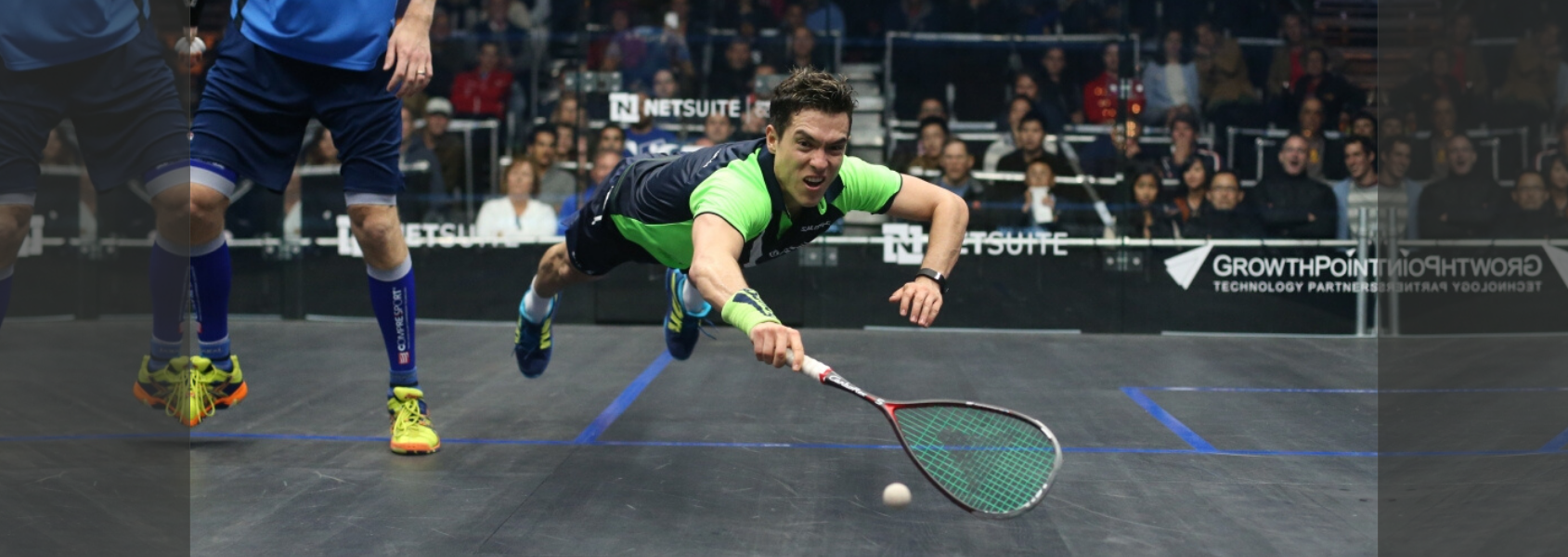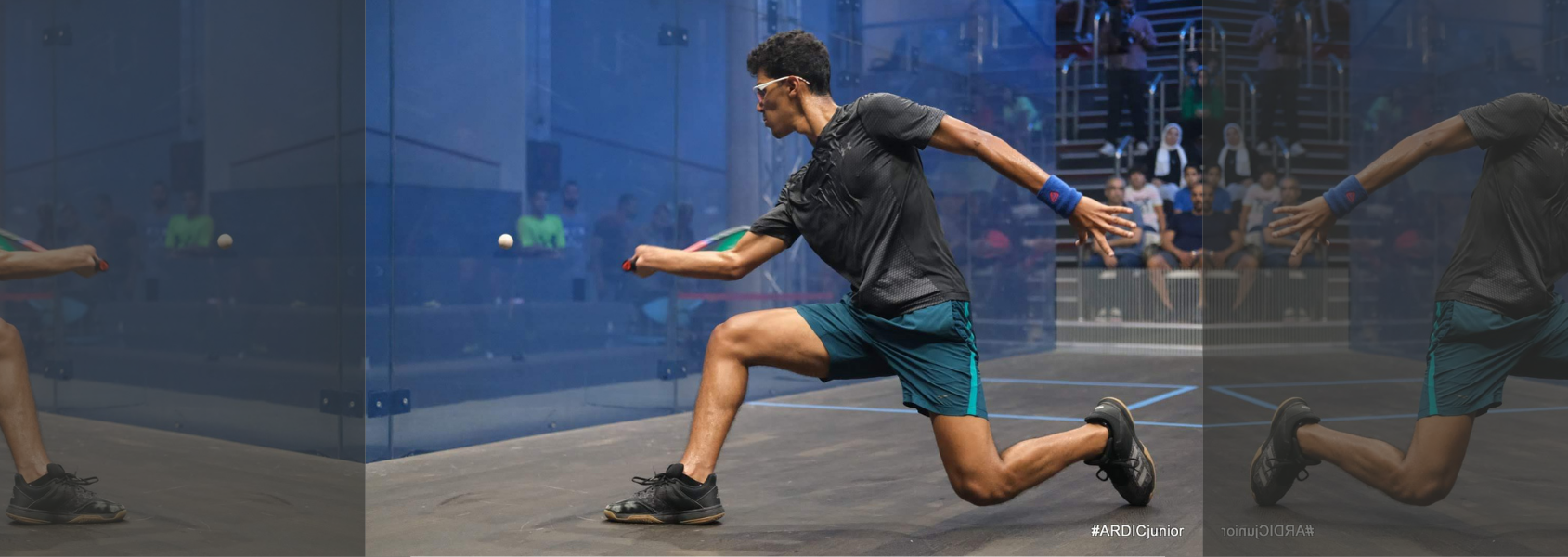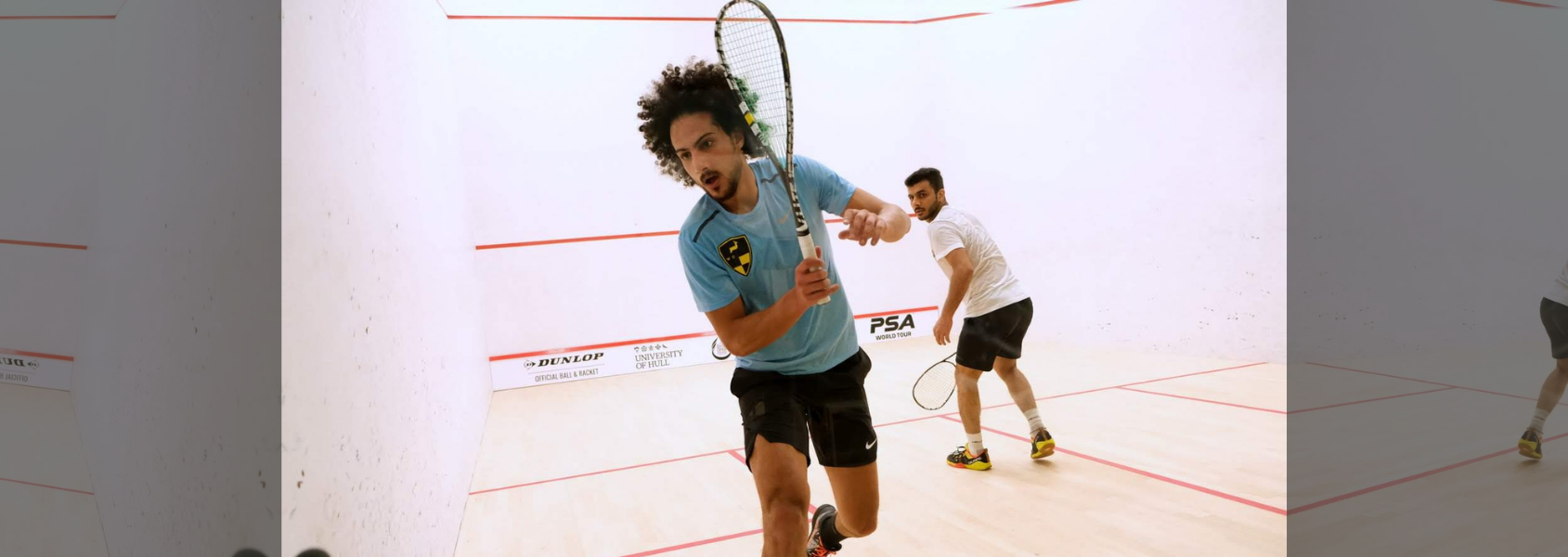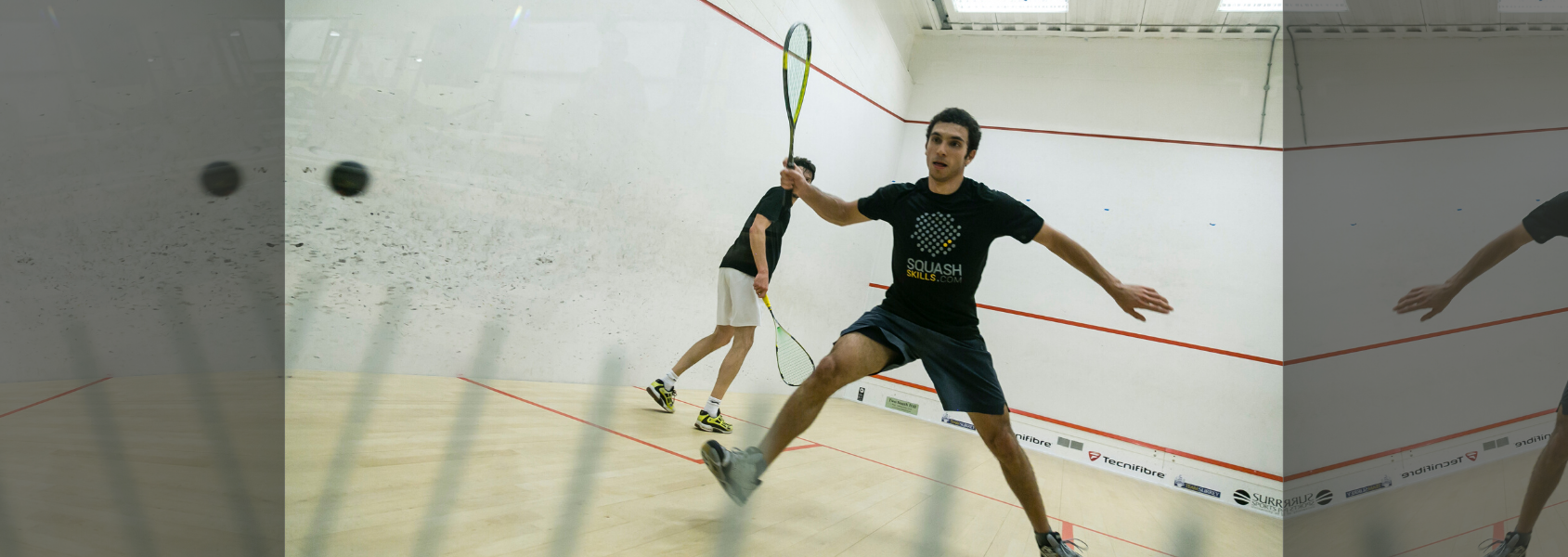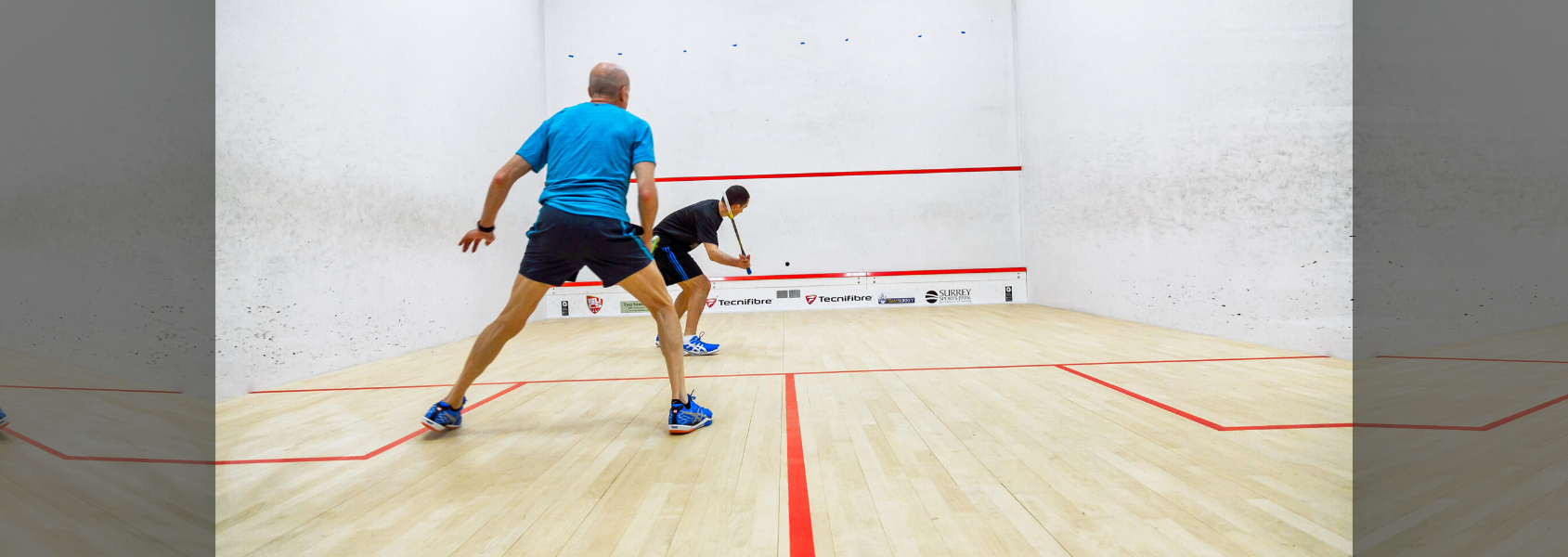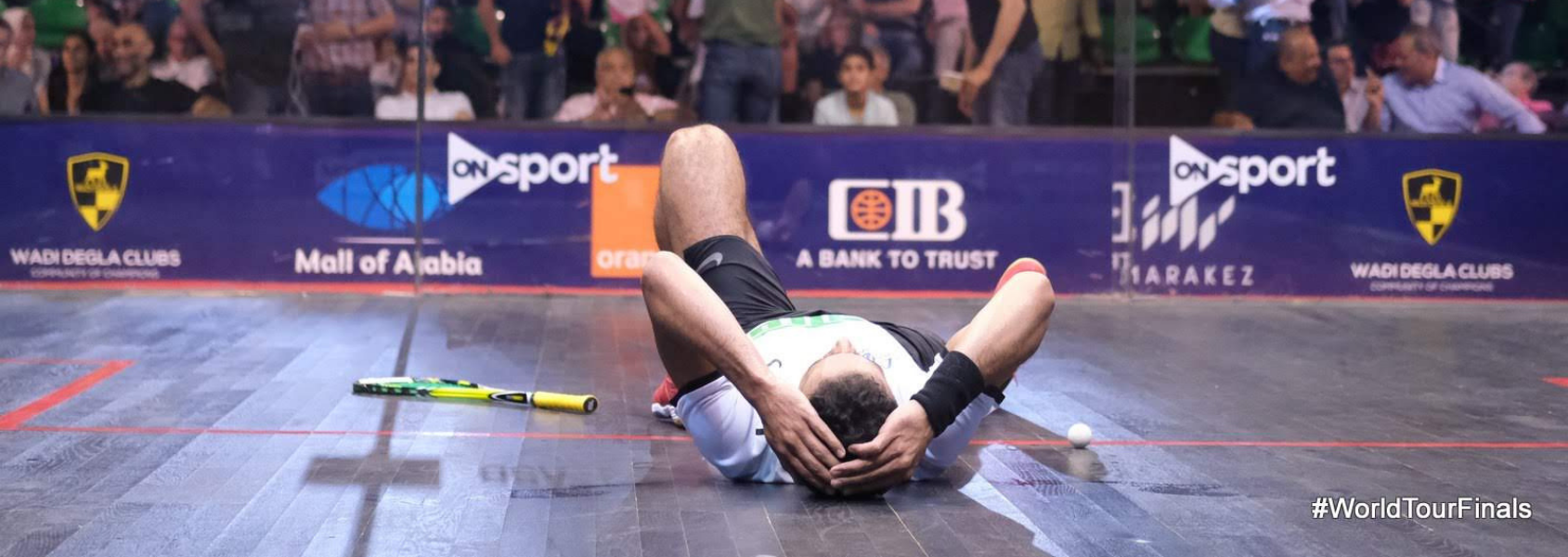Mastering the Art of Hitting Into Open Space – with Laura Massaro
Understanding how to hit into open space is a crucial skill that can significantly alter the dynamics of a match. Laura Massaro’s playlist provides invaluable insights into making the court feel expansive for your opponent while keeping it manageable for you. Here’s a closer look at her strategies.
How To Develop a High-Quality Short Game
Going short with quality…now that’s a big topic, so let’s break it down into a digestible format. Many of us go short with the intention of winning the rally. Many of us also force the short ball when we aren’t in position. But wait, I’m getting ahead of myself… let’s take a step back for a moment.
Improving Your Squash Tactics From The Ground Up
We have all heard the phrase, “squash is a physical version of chess”. In my younger days I never actually understood what that meant. Like most fit players, I chased down balls, hit hard, and then ran some more. I had a basic understanding of tactics like “hit deep, and then play a drop shot when your opponent is behind you”. None of this is wrong or ‘bad’ in any way. There’s just so much more to explore!
This blog provides a framework that you may leverage when thinking about designing an effective strategy that works best for you! Joel Makin’s fantastic playlist titled “Tactics To Win Matches” is another great resource to leverage. You can check it out here!
Tactics To Win Matches – With Joel Makin
Joel Makin has meticulously crafted a playlist on tactics that’s designed to give you a framework to work with every time you step on court. It’s a deep dive into the strategic mind of one of the PSA Men’s World Tour’s toughest competitors. Here’s a sneak peek into what Joel’s latest coaching series offers to whet your appetite.
Common Amateur Fault: Playing Without Variation
When players reach a certain level, playing without variation is a very common amateur fault I see happening a lot. This can be especially true when players have found the joy and thrill of hitting the ball hard. Also when juniors get confident with their power game, overhitting becomes a real barrier to improvement.
Fundamentals Of Deception
Deception is a very fun, and highly effective, part of the game of squash. Deception tends to happen when a player has got their basic game to a high level and now needs to add in some other areas and options to put the work into the opponent’s legs and look to win more points. The more you work on deception the more it becomes a natural part of your game and ultimately your swing. This blog will look at some of the fundamentals when looking to add some layers of deception to your game.
Playing Someone Who Fishes, Also Known As A ‘Let Hunter’
You will encounter and come across some players whose main goal is to try and eke out every small window of opportunity to win, and they often have a “win at all costs” mentality. They are not really interested in long, nice competitive rallies. They are not interested in having a “good game”. They rarely play pure and clean squash. At every chance, they are asking for the let when far out of position or they are fishing and hunting for the stroke when it is not there.
5 Tips On Playing An Overly Physical Player
As we know, it can be one of the most frustrating things to play against a player who is overly physical on the court.
6 tips on how to play from match ball down
I love watching matches when the player is match ball down but somehow manages to claw their way back into it and ultimately convert this into a win. There is rarely a more satisfying feeling for a player when able to do this. Not always is this possible however as the opponent only merely needs 1-point but you may need several in a row. The purpose of this blog is to give you some mental tools and ways to talk to yourself when you are match ball down.
6 tips on playing a wily veteran
In the next instalment of tactics to use against different styles of play, we will look at how to try and combat the wily veteran. This player will have had a lot of experience over the years and know the game well. Likely they will be technically and tactically quite sound and if you offer them anything loose the ball is likely to be put away with aplomb. Alongside this, they are likely to have a wide range of shots and varying tactics. Often, they will also have the odd few unorthodox shots in their toolbox also. All these factors added together make this player a formidable opponent. This blog will lay out some of the tactics you could employ.
5 tips on playing against very traditional players
When players encounter an opponent that plays very traditional squash, they can prove very difficult to get a win over. This opponent tends to play a lot of straight shots, predominately hitting the ball to a good length and keeping the pace relatively the same. They are strong and fit usually and rely on taking very little risks. There is a reliance from these opponents that they will win the match by grinding you down and boring you to death. It can be a very effective ploy and game plan as it is very easy to fall into their traps of either playing the same game as them or alternatively going for shots that are too risky and they can pick you off. This blog will look to give you some tools to take into these matches in order to get the win over these very traditional style players
7 tips on playing a shot player
An issue that I am asked about by players I coach is how to deal with and combat a shot player?
Is power or accuracy a bigger asset?
Often these two aspects of the game, power and accuracy, sit on opposite ends of a continuum. It is rare to see at club level a player that combines both power and accuracy in equal measures to a very high standard. If this were the case, I’d suggest that they consider paying their PSA membership and getting on the tour as this is a deadly combination when achieved.
6 tips on adapting during a match
Having a solid game plan and knowing your game well is a real weapon when it comes to getting better results on the squash court.
6 tips on playing a speed merchant
Speed is an asset that is a massive benefit and a luxury to some who play squash. Being fast around the court gives you a huge advantage over your opponent as the nature of squash is quick, reactive and condensed in a relatively small area.
6 tips on playing a quickly improving junior
Hopefully, all healthy squash clubs around the world have a good junior section where there is a vast array of younger playing and loving the game.
6 Tips On Playing Against Unorthodox Players
You will see at most courts up and down the country that very unorthodox player that seems to somehow get these amazing wins over their more adept counterparts. I often hear the complaints from players that ‘this is not proper squash’ and ‘I can’t get into any rhythm’.
7 Tips On Playing Against A Hard Hitter
I often observe at amateur level how hard hitters tend to be able to cause a lot of trouble to their opponents and get easy wins by purely overpowering and out-muscling them. In my coaching, when addressing this issue with amateurs, a few simple strategies to focus on can really help nullify these hard hitters and make them tie themselves in knots.
Common Amateur Fault – Reactive Decisions
When I watch and observe amateur players it becomes pretty evident that amateur players often make reactive decisions when their opponent is hitting the ball. Everything gets done in compartmentalized blocks starting from the movement, through to the execution of the shot and then finally to the response to their opponents shot. Having to deal with the game in all these separate compartments is hard. It will take time away from yourself, it is mentally and physically exhausting, and then when it comes to the execution of your own shot, it is it limits your tactical options.



